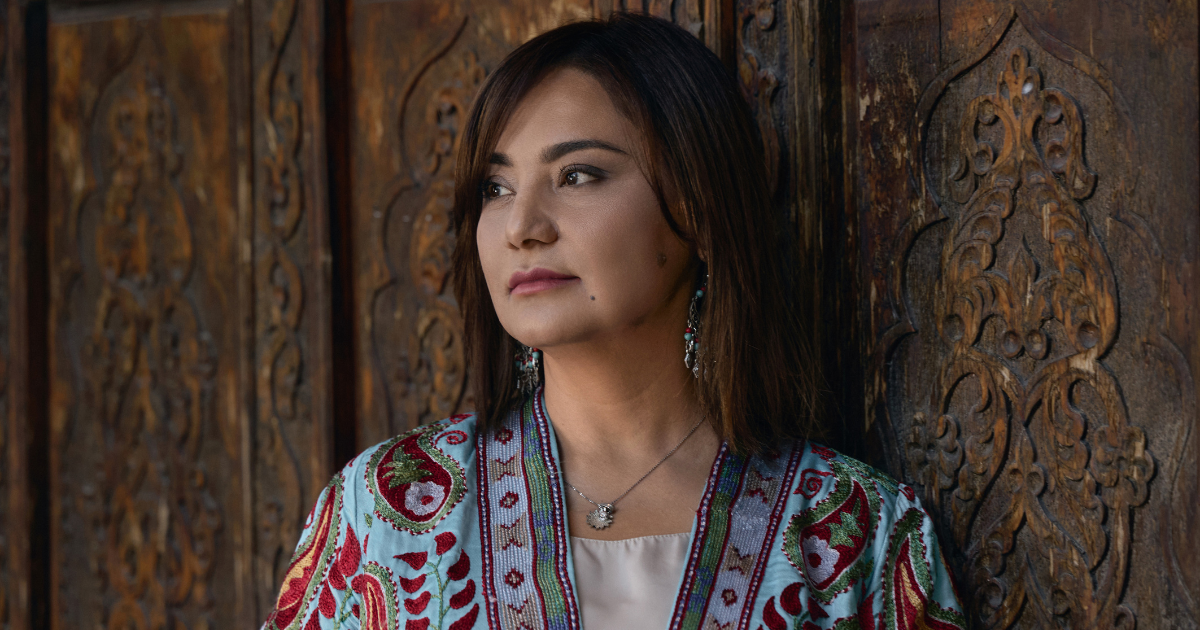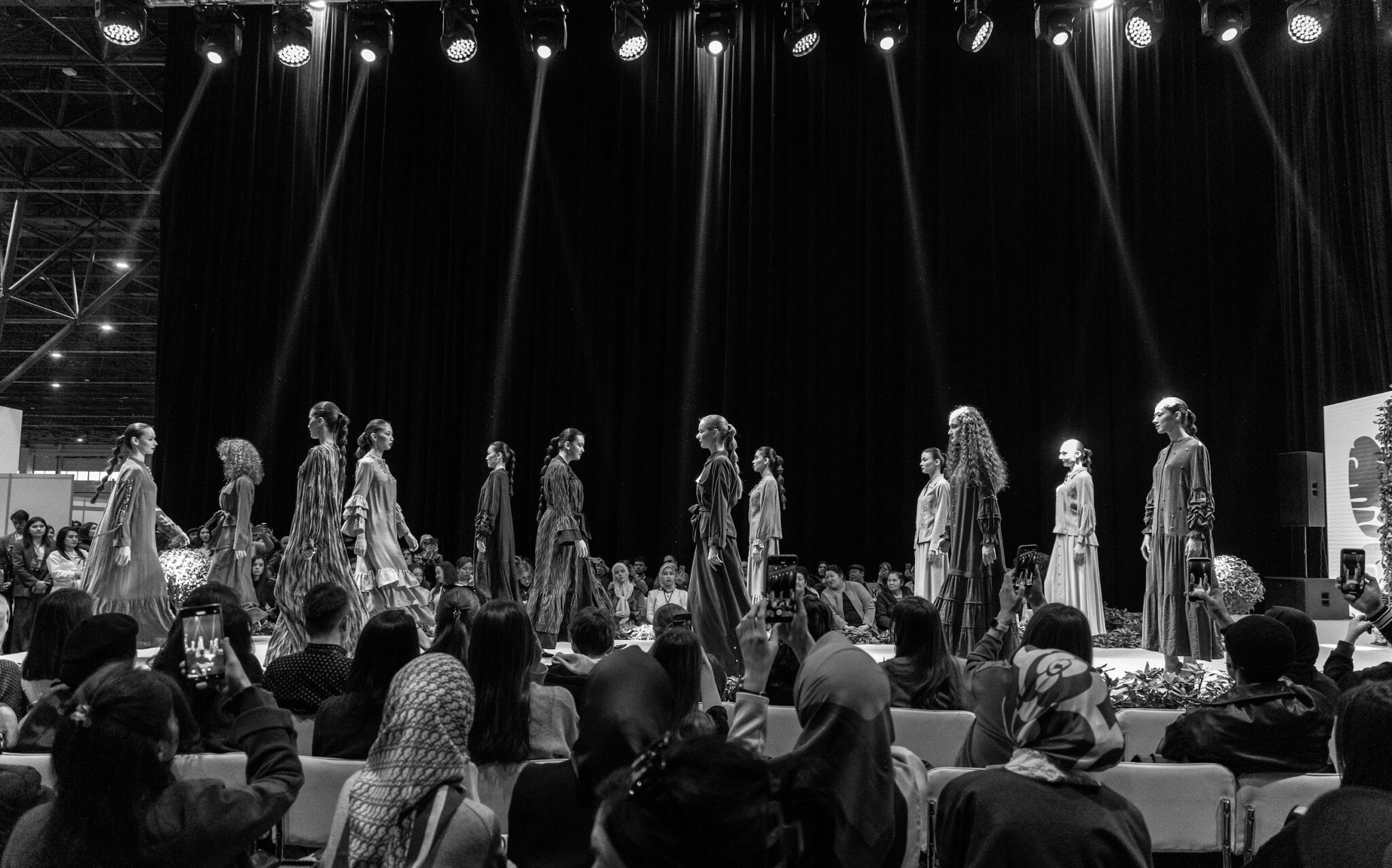What does my name mean to you?
Unusual Uzbek traditions in naming
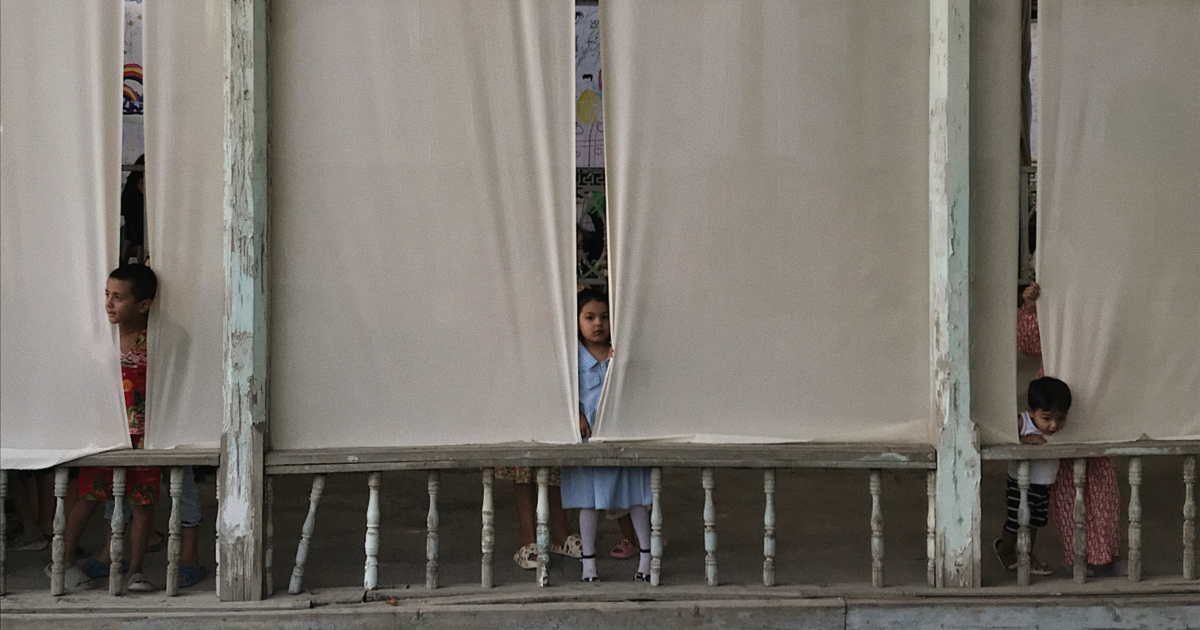
The ritual of naming in Uzbek culture is called "Ismlash." Since ancient times, this has been a sacred event carrying profound meaning. It was believed that a name could shape a person's destiny. Let's explore some of the most extraordinary traditions associated with naming.
«A mole on the cheek, love in the eyes »
If a child was born with a mole, they were given names like Holbek, Holida, Narkhol, Holdar, Holmurod, or Oyhol.
Other traditional namings based on a child's physical attributes include instances where the child has extra growth; they might be named Artyom, Ziyod, or Ziyoda.
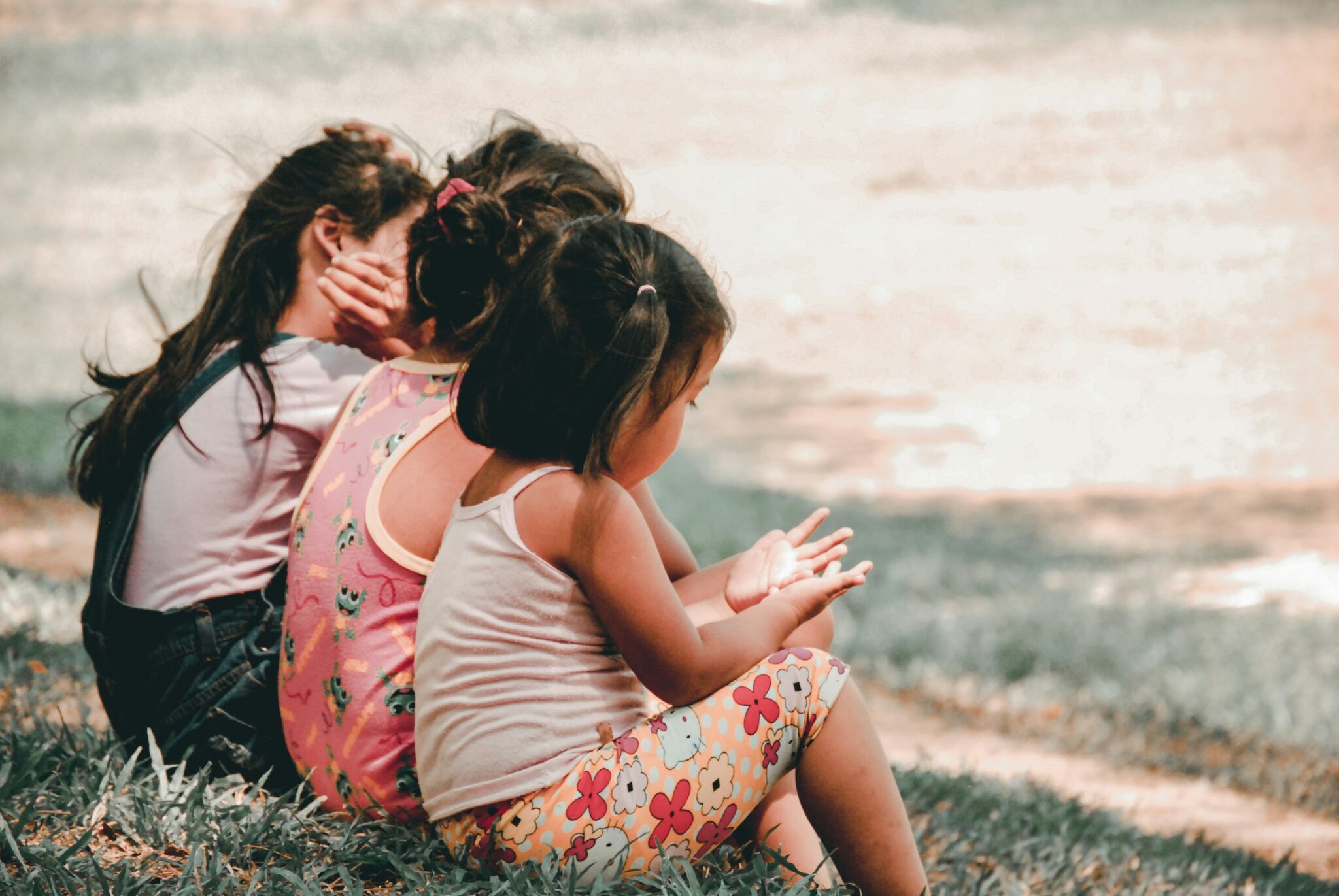
photo: Charlein Gracia/Unsplash
«Name the day, and I will tell you who you are»
Often, the season or specific days played a significant role in name selection. For instance, if a child was born on the day of the spring equinox, they would be named Navruz or Navruza. If born during the holy month of Ramadan, the names might be Ramzan, Ramazan, Afruza, Hayitoy, or Ruzimboy. Children born on a Friday might be named Jumagul (Friday flower).
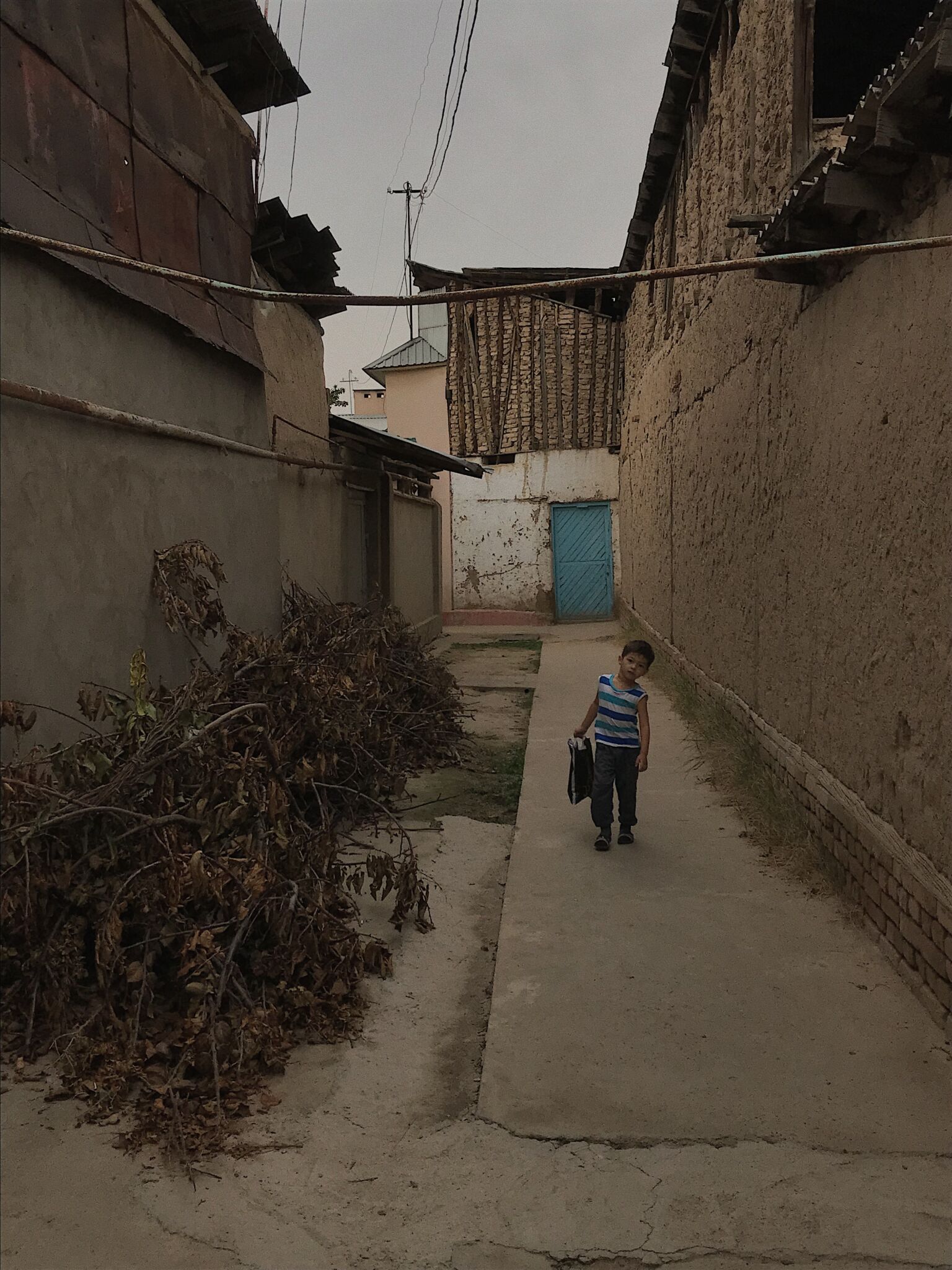
photo: Serafim Dim
Suffixes with meaning
Frequently, suffixes are added to children's names, each carrying its own significance. If a family has a lineage of high-ranking officials, the suffixes "bek," "khon," "zod," "mir," or "khoja" are added to the children's names. To make a name more endearing, the suffix "jon" is used. To highlight a daughter's beauty, "gul" or "niso" is added, meaning “beautiful.”
Wishing for health
Some traditions involve naming a child after an object or animal to bring health. Examples include Burivoy (wolf), Olmakhon (squirrel), or Teshabek (hacke).

Names as incantations
In families where only girls were born, a newborn girl might be named Ugilo (literally: boy + moon) in hopes that a son would follow. In families where newborns frequently passed away, names like Ulmas (“does not die”) or Tukhtasin (“let it stop and live”) were given. A child whose older siblings were often ill might be named Toshpulat, meaning "steel stone," to bring strong health. If a parent died during pregnancy, childbirth, or shortly after, the child might be named Yodgor (“memory/remembrance”).
Circumstantial names
If a child was born during a journey, they might be named Safarboy (from the Uzbek "safar" - journey) or Yulchi (“yul” - road).

photo: Caroline Hernandez/Unsplash
In Uzbek tradition, the right to name a child often belongs to the grandparents, as a sign of respect for the elders. Nowadays, there is a trend of moving away from these traditions. Parents are increasingly choosing popular names or names of Arabic origin. Names of Turkish nationality have also become more common, influenced by the popularity of Turkish TV series. Regardless of the name, the most important thing is that it brings happiness and luck to its bearer.
